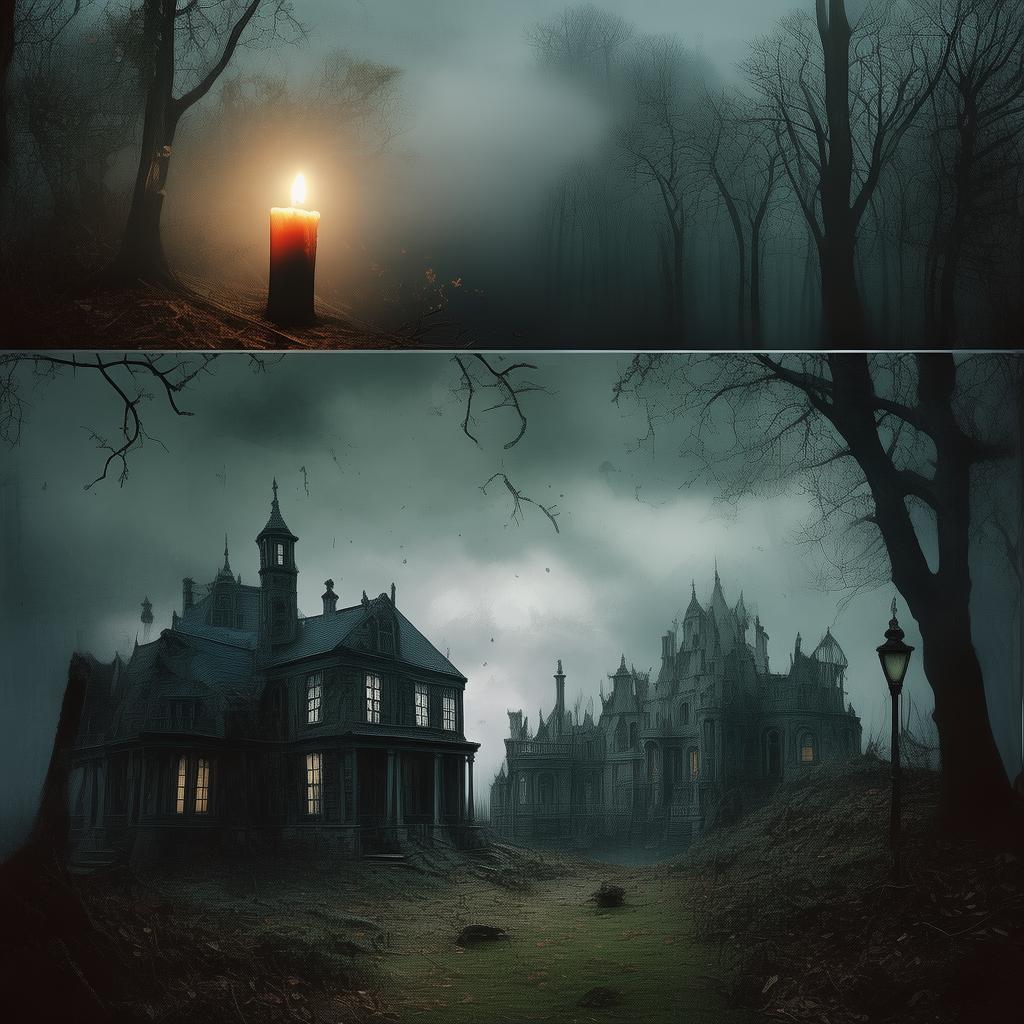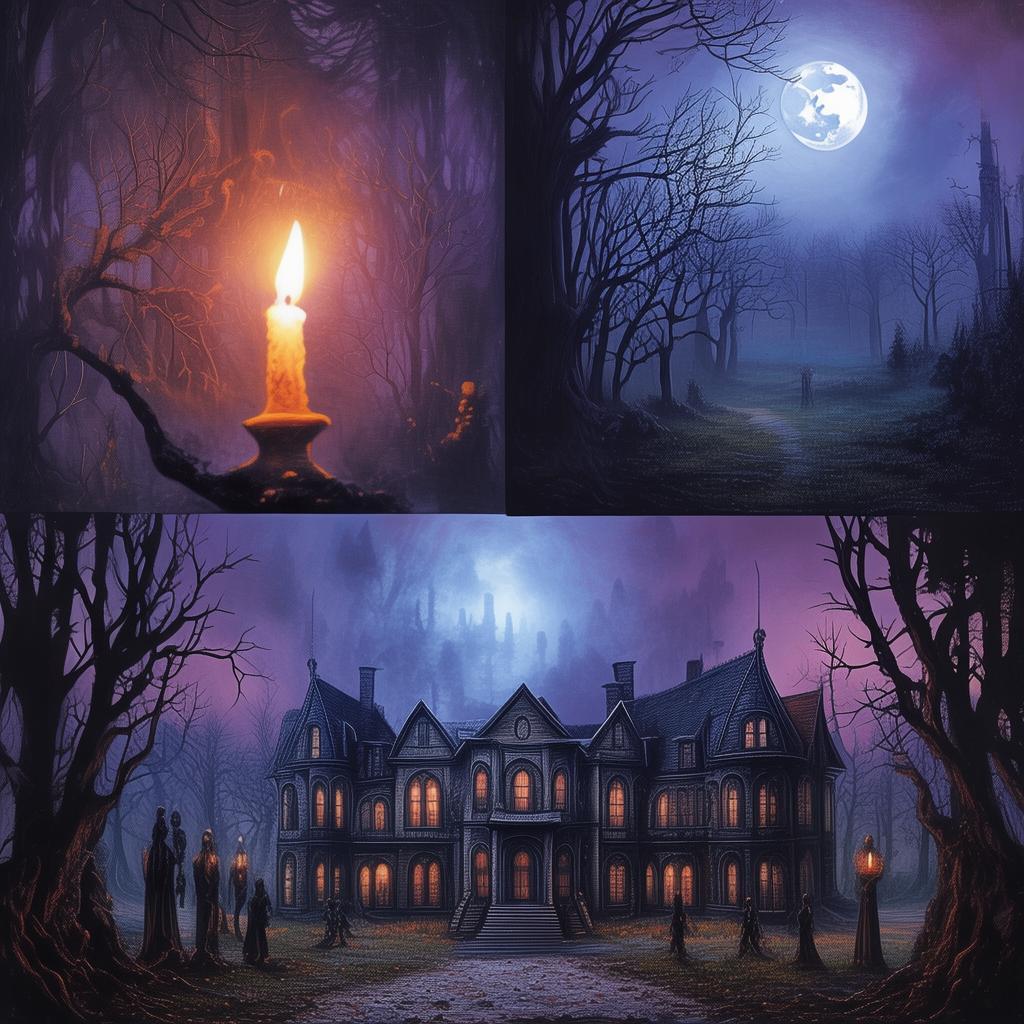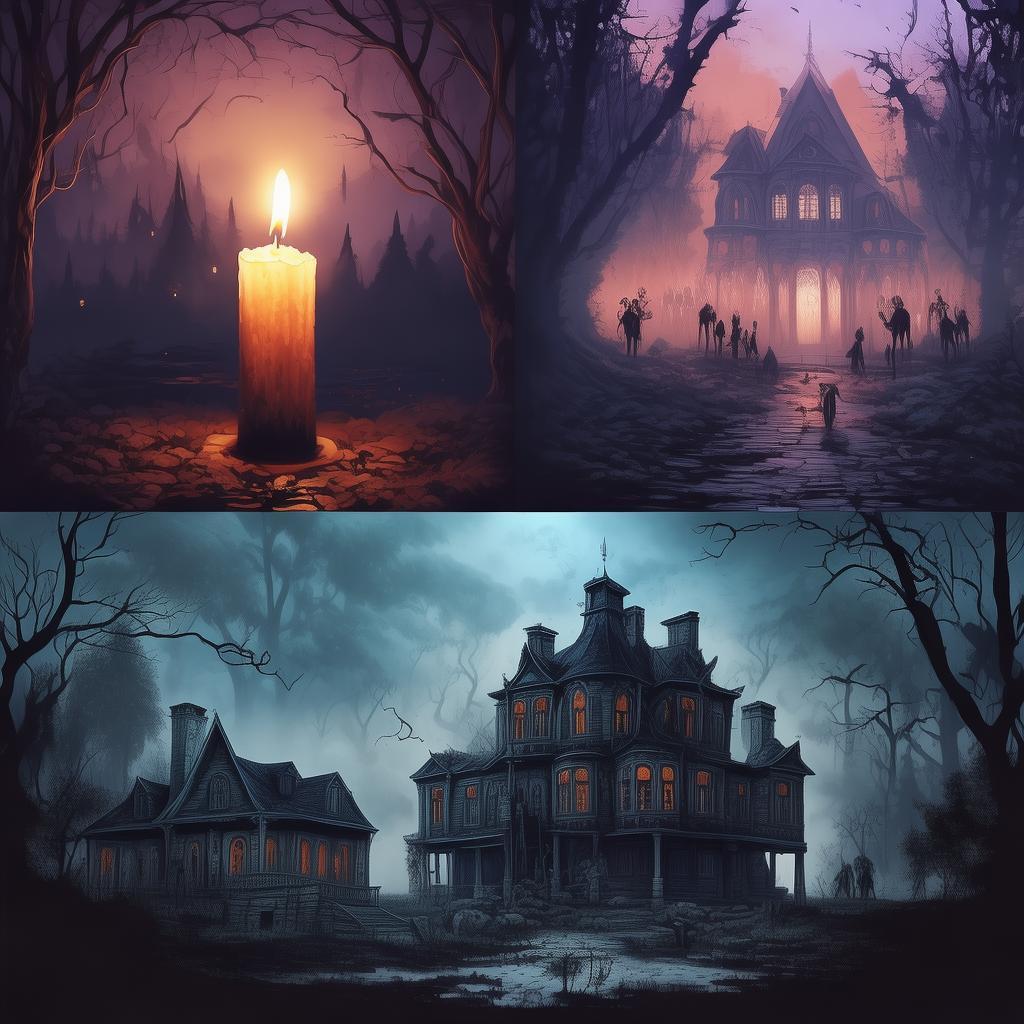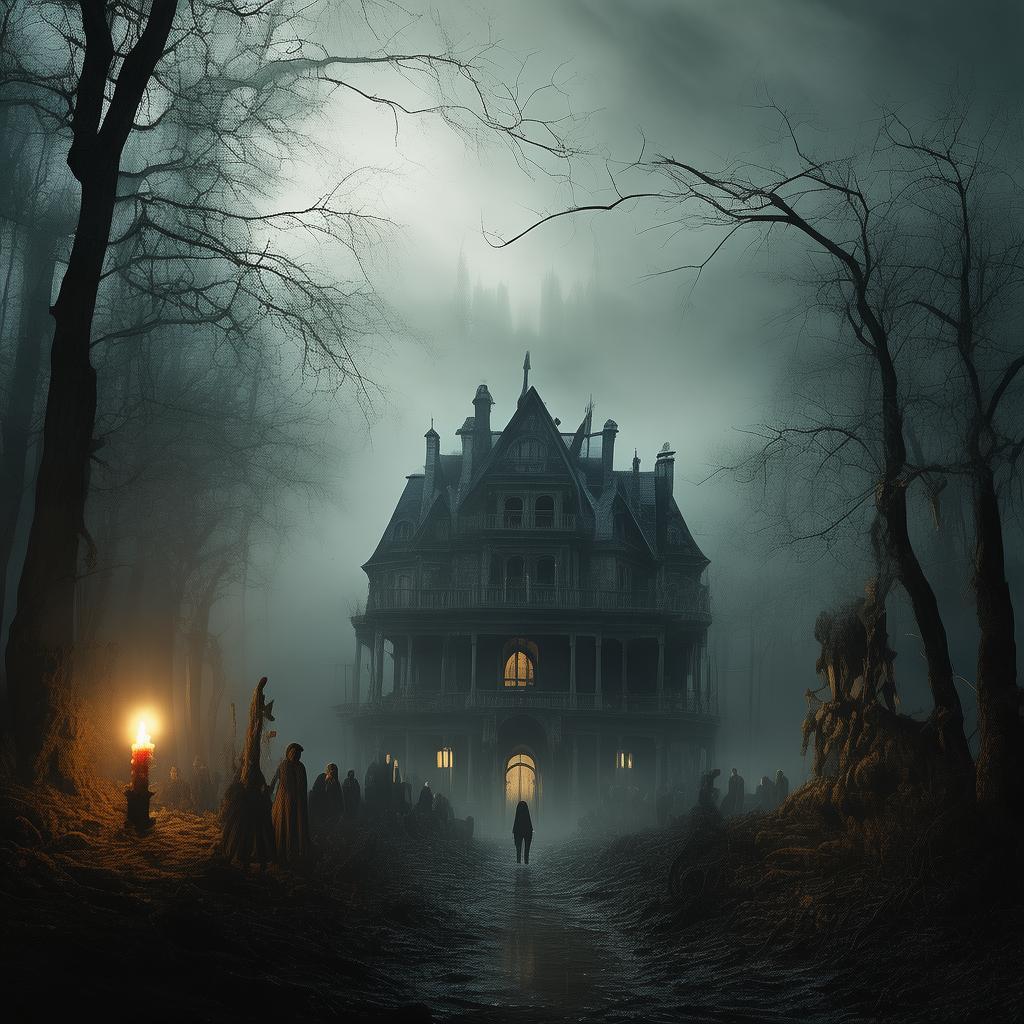The White Beard's Last Confession: A Ghostly Revelation
The town of Eldridge was known for its eerie beauty and the whispering winds that seemed to carry the secrets of the past. It was a place where the old and the new collided, where the line between the living and the dead was often blurred. One such figure was the White Beard, a local legend who was said to have roamed the town's streets, his long, wild beard a symbol of his enigmatic nature.
The White Beard's body was found on the outskirts of the town, surrounded by the remnants of a campfire. His eyes wide open, his mouth frozen in a silent scream, he left behind no trace of a struggle. But it was his last confession, written in a spidery hand on a tattered piece of parchment, that sent shockwaves through the town.
The confession spoke of a series of unsolved murders, each one more grotesque than the last. The victims, all of them young, had been found with their throats slit and their bodies drained of blood. The police had tried to piece together the puzzle, but it had always remained a mystery. Now, with the White Beard's confession, they had a lead, a name, and a motive.
Detective Clara Hayes was called to the scene. She had been assigned to the White Beard's case and had been working on it for years, her dedication to the truth never waning. As she read the confession, her heart raced. It was a chilling document, filled with dark imagery and a sense of impending doom.

"The White Beard was a monster," Clara read aloud, her voice trembling. "He was my father."
Clara's revelation was a bombshell for the town. The White Beard was thought to be a mythical creature, a bogeyman used to scare children. But now, they were faced with the reality that the White Beard was a real man, a man with a dark past and a family that was still alive.
The confession went on to detail the White Beard's origins, how he had been a doctor in his youth, a man of compassion and kindness. But something had twisted him, something had corrupted his soul. It was during the Great War that his path had diverged, and he had become the monster that Eldridge would never forget.
Clara's search for the truth led her to the town's oldest cemetery, where the White Beard's family was buried. The graves were overgrown, but Clara knew exactly where to look. She found the tombstone of the White Beard's father, a man named Dr. Thomas Eldridge.
Dr. Eldridge had been a respected man in the town, a man of science and reason. But as Clara read the epitaph, she realized that her father had been hiding something. "In memory of a man who fought to save lives," the epitaph read, but the dates were incorrect. Dr. Eldridge had died before the Great War.
Clara's search for answers led her to the town's library, where she discovered a hidden room filled with old journals and letters. Among them was a letter from Dr. Eldridge to his wife, detailing his plan to save lives by draining the blood from the young and sick. It was a dark experiment, a twisted belief that the sick could be cured by the blood of the healthy.
As Clara read the letter, she realized that the White Beard was not just a monster; he was her father. The confession had been a way for him to atone for his sins, to reveal the truth before he died. But Clara was too late. The White Beard had already taken his own life, leaving her to bear the burden of his legacy.
The climax of the story came when Clara confronted her mother, who had known nothing of her father's dark past. The confrontation was filled with pain and anger, as Clara tried to understand why her father had kept his secret for so long. Her mother, unable to bear the truth, passed away shortly after.
In the end, Clara found solace in the knowledge that she had uncovered the truth. The confession had been her father's last gift, a way for him to reach out to her and offer her a chance to move on. She buried her father and the White Beard together, in a single grave, a symbol of the bond between them and the final chapter of their dark legacy.
The White Beard's Last Confession: A Ghostly Revelation left readers with a haunting sense of closure, a story that explored the complexities of family, the nature of redemption, and the eternal struggle between good and evil.
✨ Original Statement ✨
All articles published on this website (including but not limited to text, images, videos, and other content) are original or authorized for reposting and are protected by relevant laws. Without the explicit written permission of this website, no individual or organization may copy, modify, repost, or use the content for commercial purposes.
If you need to quote or cooperate, please contact this site for authorization. We reserve the right to pursue legal responsibility for any unauthorized use.
Hereby declared.









